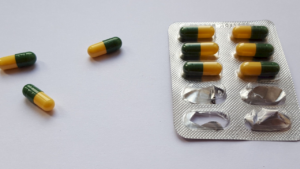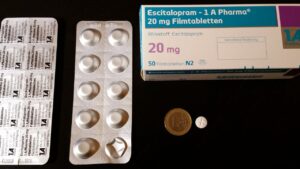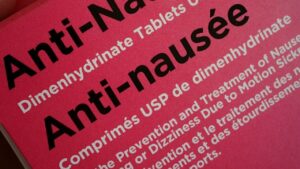The path to recovery from mental health disorders or substance abuse can often be a complex and challenging journey. Every individual’s struggle is unique, and, as such, treatment should be personalized to their specific needs. One such individualized treatment approach is the dual-diagnosis treatment model, which caters to individuals suffering from both a substance abuse disorder and a mental health condition. In this post, we will dive deep into understanding dual-diagnosis treatment: what it is, who needs it, how it works, and why it might be the most effective choice for certain individuals.
What is Dual-Diagnosis Treatment?
Dual-diagnosis treatment, also known as co-occurring disorder treatment, is a comprehensive, integrated approach used to treat individuals who are battling both mental health disorders (like anxiety, depression, bipolar disorder) and substance use disorders (such as alcoholism or drug addiction). This therapeutic approach acknowledges the interconnectedness of these disorders, aiming to treat both simultaneously since leaving one untreated may worsen the other.
Who Needs Dual-Diagnosis Treatment?
Dual-diagnosis is more common than you might think. According to the Substance Abuse and Mental Health Services Administration (SAMHSA), about 7.7 million adults in the United States have co-occurring disorders. People who are dealing with mental health disorders may use substances as a way to self-medicate or to alleviate their symptoms, which may eventually lead to addiction. Conversely, those struggling with addiction may develop mental health disorders due to prolonged substance abuse’s physiological effects.
Thus, dual-diagnosis treatment might be the right choice for you if you are:
-
- Experiencing a mental health disorder like depression, anxiety, PTSD, or bipolar disorder, and are also struggling with addiction.
-
- Using substances to cope with your mental health issues.
-
- Having difficulties maintaining your recovery because of your untreated mental health symptoms.
-
- Finding that traditional addiction or mental health treatments are not working for you.
How Does Dual-Diagnosis Treatment Work?
Dual-diagnosis treatment involves a comprehensive, multidisciplinary approach that treats both disorders concurrently. The idea behind it is to understand and address the root causes and the interplay between both conditions to ensure long-term recovery.
To facilitate a dual-diagnosis treatment plan, a team of healthcare professionals such as psychiatrists, psychologists, addiction specialists, and social workers come together to develop an integrated plan tailored to the individual’s needs. Here’s what the treatment process typically involves:
Assessment: A thorough assessment helps identify the presence of co-occurring disorders and the extent to which they affect the individual’s life. It evaluates the person’s physical health, mental health, substance use history, and other key aspects such as family history and social environment.
Detoxification: If necessary, medically supervised detoxification may be provided as the first step of treatment to safely manage withdrawal symptoms and stabilize the individual.
Therapy: Various therapeutic approaches, including cognitive-behavioral therapy (CBT), dialectical behavior therapy (DBT), motivational interviewing, and group therapy, may be employed. These therapies help individuals understand their behaviors, develop coping strategies, and build skills necessary for recovery.
Medication: Depending on the individual’s needs, medications might be prescribed to manage withdrawal symptoms, cravings, or mental health symptoms.
Support Services: These include vocational rehabilitation, housing assistance, educational support, and other services that help individuals rebuild their lives and sustain their recovery.
Why is Dual-Diagnosis Treatment Important?
Dual-diagnosis treatment recognizes that mental health disorders and substance use disorders often go hand-in-hand and that treating only one condition often leads to poorer outcomes. Ignoring one disorder can exacerbate the other, making recovery more difficult.
The holistic, integrated approach offered by dual-diagnosis treatment addresses all aspects of an individual’s wellbeing, rather than focusing solely on symptoms of addiction or mental illness. By understanding and addressing the root causes and the relationship between both conditions, dual-diagnosis treatment can provide a more robust framework for sustained recovery.
In conclusion, if you or a loved one is struggling with both a mental health disorder and substance abuse, dual-diagnosis treatment might be the best course of action. It’s crucial to seek help from a professional or a reputable treatment center experienced in dual-diagnosis cases. Remember, recovery is not just about surviving; it’s about thriving, and with the right help, you can navigate the path towards a healthier, happier life.
Always remember to reach out and ask for help when you need it. The path towards recovery may be daunting, but with the right support and resources, it’s entirely achievable. It’s not about where you’ve been, but where you’re going, and dual-diagnosis treatment might just be the step you need to move forward.











